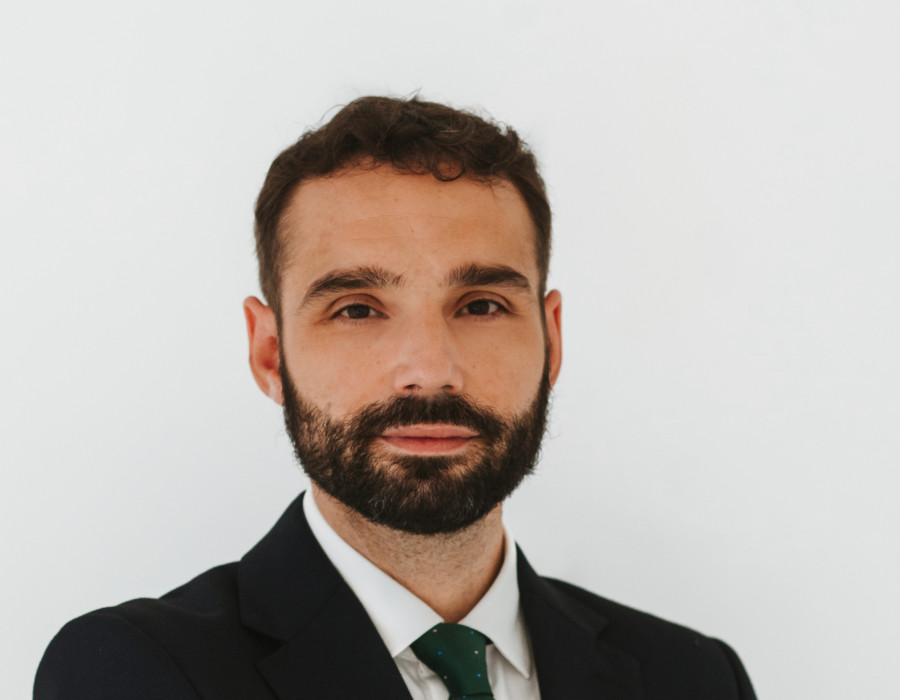Jesús Feliz (INCIBE): "We are going to carry out a global diagnosis of cybersecurity and resilience in the entire sector"

Following the agreement signed between the National Cybersecurity Institute (INCIBE) and eight automotive clusters, Jesús Feliz, Strategic Sectors Manager at INCIBE, talks to AutoRevista about the evolution of these systems in the sector.
AutoRevista.- From INCIBE's point of view, what is the evolution in terms of the implementation of cybersecurity systems in production plants?
Jesús Feliz.- Cybersecurity systems in production plants have increased and improved over the last few years; however, there is still a long way to go, both in the IT field and, above all, in OT.
Production, in general, has relied on proprietary OT designs and solutions, oriented towards performance, availability and physical security. The continuous demand for connection between IT and OT networks, driven by the digital transformation, highlights the need to strengthen protocols and mechanisms that were not designed from a cybersecurity perspective and which, in addition, have an extremely long payback period due to the high investment cost. The challenge we face is twofold: on the one hand, to be able to standardise and deploy cybersecurity tools and processes in old but still useful environments. On the other hand, to collaborate on the standards and architectures needed to implement security by design in new installations.
AR.- What is expected in the short and medium term in terms of the application of new cybersecurity solutions in relation to the agreement signed with the automotive clusters?
J,F.- In the short term, we are going to carry out a global diagnosis of cybersecurity and resilience in the entire sector. This is the starting point to then offer the rest of INCIBE-CERT's services, aimed, among others, at training, awareness, preventive and reactive protection and incident management, to the entire business ecosystem, with the aim of strengthening and improving the initial diagnosis. In this way, the medium-term objective is to enter into a cycle of continuous improvement that allows the sector's cybersecurity to be measured, assured and guaranteed.
AR.- Are there any prospects of establishing agreements with other automotive entities such as ANFAC or SERNAUTO?
J.F.- Of course. From INCIBE, as the CERT of reference for citizens and private companies in Spain, we are making a deep approach to each and every one of the strategic sectors. The role of clusters and associations is essential to reach out to companies, which is why we are setting up sectoral working groups where all the actors involved are welcome, necessary and we count on them. In this particular case, due to our proximity to FACYL, since, as you know, INCIBE is in León, we have started with regional associations, which are showing great interest and we would like to thank them for their enormous involvement. In the next steps, we will continue to expand our relations.
AR.- How are cybersecurity solutions integrated with other connectivity and ICT systems in industrial environments such as the automotive sector?
J.F.- That is the biggest challenge we face. In general, the trend is towards IP as the backbone communications protocol; then, in layers, we can find networks with OT communication protocols connected through different types of gateways. There are specific security devices for OT environments, as well as specific security standards for industrial control systems. There are also solutions that make it possible to virtually isolate or patch devices with out-of-support systems that cannot be renewed. In short, especially in older and highly specialised installations, integrations require a specific study. Another of our plans, in the medium term and in line with European strategy, is to help standardise the cybersecurity layer in industrial environments.
Lea esta entevista en castellano

A requerimiento de AutoRevista sobre la imposición de aranceles del 30% a vehículos y componentes de la Unión Europea por parte de la Administración Trump, desde CLEPA señalan que "instamos encarecidamente a la UE a que impulse una exención para las piezas de automóviles en cualquier acuerdo.

La Asociación Española de Renting de Vehículos acaba de presentar su informe anual, y con él cifras más que optimistas para el segmento. Tanto es así que el parque de vehículos en renting ha crecido el 6,11% durante el primer semestre de este 2025 (una cifra levemente superior a la prevista por la asociación, el 6%), lo que implica que este asciende a 984.354 unidades totales.

Nissan ha construido un nuevo centro de reacondicionamiento de vehículos en la Planta de Nissan Ávila, diseñado para ofrecer a los clientes la experiencia de reestrenar un coche, gracias a un proceso altamente especializado y con los estándares de calidad Nissan.

PowerCo Battery Spain (PowerCo) y el ITE (Centro Tecnológico de la Energía) han establecido un acuerdo de colaboración con el objetivo de incrementar las capacidades formativas sobre esta industria pionera en España.

La filial española de Dacia ha designado a un nuevo Comité de Dirección con el propósito de continuar creciendo en 2025, después de lograr los mejores resultados de su historia en el primer semestre del año con un 9,6% de la cuota del mercado a particulares.
